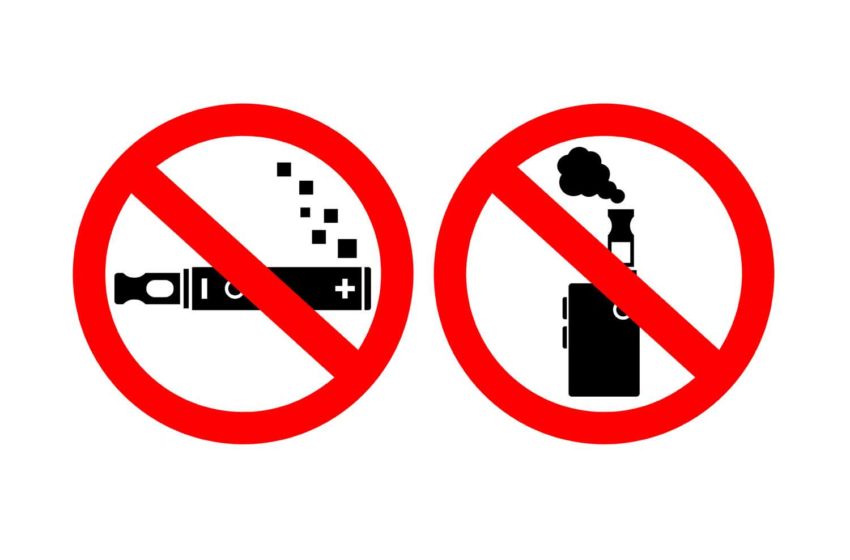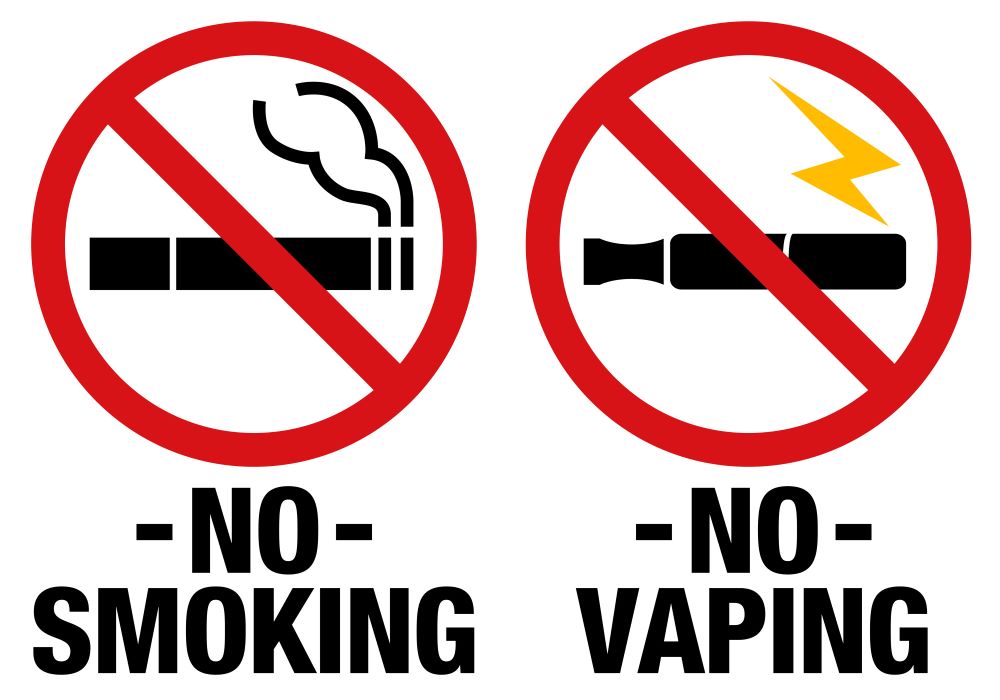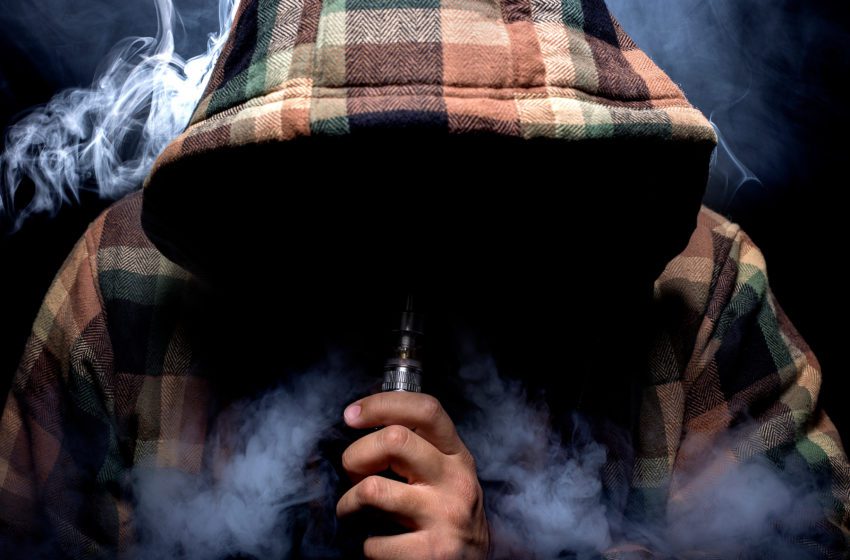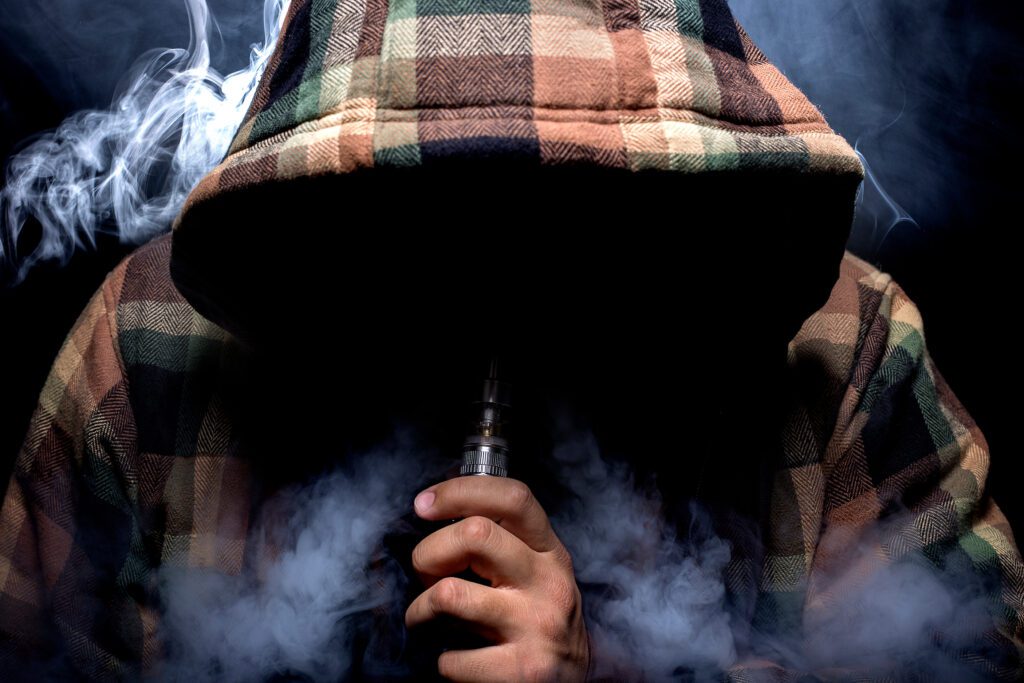
The U.S. Food and Drug Administration’s Center for Tobacco Products Director Brian King will participate in an open discussion with the vaping industry in late February.
The virtual event will be moderated by American Vapor Manufacturers Association (AVM) legislative director Gregory Conley and newly-named AVM vice president Allison Boughner.
“The Future of Vaping in the US: A Conversation with FDA’s Dr. Brian King” will be held on Feb. 24 at 1:00 p.m. EST, and is open to the public. Participants must register in advance, and AVM has provided an opportunity to submit questions for King.
King has been quiet since memos recently submitted to the U.S. Court of Appeals for the Third Circuit show that he reversed a recommended marketing approval of Logic Technology’s menthol vaping products, ignoring the advice of FDA scientists, according to Logic’s lawyers.




















